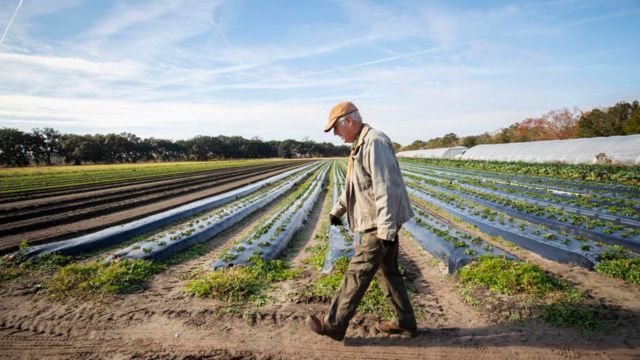South Carolina Governor Henry McMaster has taken a significant step toward preserving the state’s working agricultural lands by signing a new bill into law.
The measure, known as H. 3951 or the Working Agricultural Lands Preservation Act, establishes the Working Farmland Protection Fund within the South Carolina Conservation Bank. This initiative aims to support landowners in utilizing voluntary conservation easements to safeguard their agricultural properties.
Under the new law, the Working Farmland Protection Fund will provide matching grant payments for qualified projects, complementing the agricultural initiatives already supported by the Conservation Bank. To be eligible for grants, applicants must meet specific evaluation criteria, including the land’s natural resources value, the threat of non-agricultural development, and the property’s economic viability for commercial agriculture. Additionally, landowners must derive at least 50% of their income from the eligible farmland.
Governor McMaster, a Republican, emphasized the importance of protecting the state’s farmlands in the face of increasing development pressures. He stated, “Farmers are the backbone of our state, and as more businesses and people move here, we must find innovative ways to protect our state’s most valuable farmlands.”
While the funding specifics for the Working Farmland Protection Fund are not explicitly outlined in the legislation, a review by the South Carolina Revenue and Fiscal Affairs indicates that existing appropriations from agriculture, commerce, and transportation departments can fulfill the requirements of the bill.
Moreover, the new law expands the Conservation Bank board membership to include the state’s agriculture commissioner and the secretaries of commerce and transportation, reflecting a broader commitment to agricultural preservation.
Commissioner of Agriculture Hugh Weathers applauded the legislation, stating, “This important new legislation helps us continue to feed people and fuel our economy while protecting our state’s agricultural past, present, and future.”
The bill received overwhelming support from lawmakers, passing with a vote of 100-7 in the House and 46-0 in the Senate, underscoring the bipartisan commitment to preserving South Carolina’s agricultural heritage.




